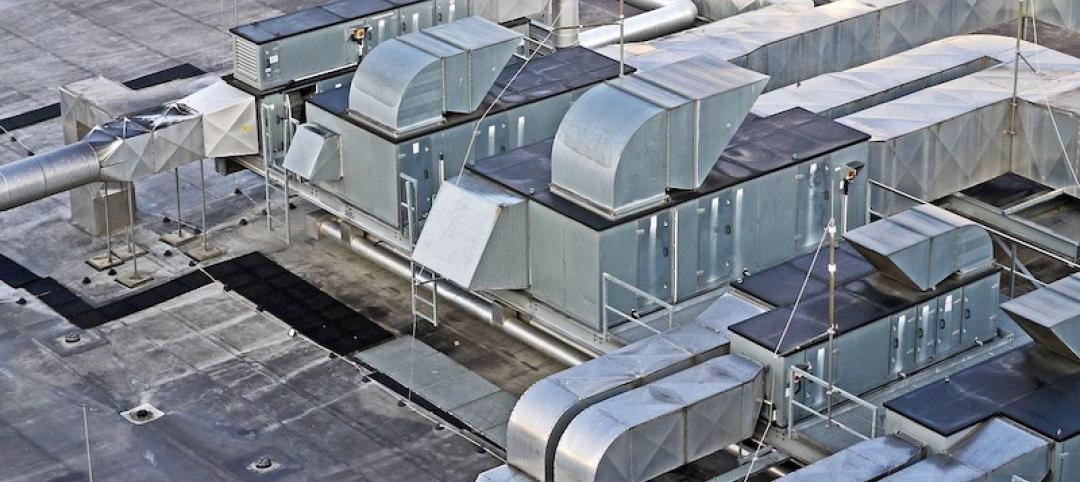The U.S. Federal Emergency Management Agency (FEMA) has launched a new government-wide effort to boost national resiliency and reduce energy costs.
Under the National Initiative to Advance Building Codes, federal departments and agencies will review federal funding and financing of building construction to ensure projects follow updated model codes. The initiative will also provide incentives and support for communities to adopt modern building codes.
Members of the Mitigation Framework Leadership Group will review their infrastructure grantmaking processes to ensure that they align with and support the adoption and use of current editions of the International Residential Code (IRC) and International Building Code (IBC). FEMA chairs the leadership group, consisting of another 13 federal agencies.
“By modernizing building codes, communities will not only save money through lower energy costs and protecting their property, but together, we will also save lives by ensuring our infrastructure remains resilient in the face of climate change and associated extreme weather events,” said FEMA Administrator Deanne Criswell.
FEMA views the adoption of current building codes as the most effective means to enable communities to become more resilient to hurricanes, flooding, wildfires, and other natural hazards that are increasing in frequency and severity due to the changing climate. Yet, FEMA has been until now the only federal agency that requires the construction it funds to adhere to current, hazard-resistant codes.
Related Stories
Codes and Standards | Mar 4, 2021
Biden administration overturns Trump’s federal building design mandate
Previous order promoted classical and “traditional” architecture above others.
Codes and Standards | Mar 3, 2021
Texas freeze raises questions about risks of electrifying buildings
Gas stoves helped residents cook, boil water when power went out.
Codes and Standards | Mar 2, 2021
New Seattle building code eliminates fossil fuels for most space and water heating
Also increases on-site solar photovoltaics, reduces envelope heat loss, air leakage, and interior lighting power allowances.
Codes and Standards | Feb 25, 2021
It’s not just lumber—roofing material prices are also on the rise
Lower demand for petroleum products means less asphalt production.
Codes and Standards | Feb 23, 2021
USGBC offers education on LEED Safety First pilot credits
Four courses address COVID-19.
Codes and Standards | Feb 23, 2021
ASHRAE Epidemic Task Force releases updated Building Readiness Guide
Includes flush calculations to reduce time and energy to clear contaminants between occupancy periods.
Codes and Standards | Feb 22, 2021
Preservation of Affordable Housing develops climate resilience strategy
Includes backup power for resident and staff “area of refuge”.
Codes and Standards | Feb 18, 2021
Construction industry moves toward comprehensive U.S. BIM standard
NIBS hosts roundtable to create coordinated program to advance collaboration.
Codes and Standards | Feb 17, 2021
Construction on international sports venues is ripe for corruption
Poor planning, complex contracting, a lack of accountability and high levels of collusion to blame.
Codes and Standards | Feb 16, 2021
Feds may fund removal of some urban highways
Senate bill proposes pilot program to reknit communities.

















